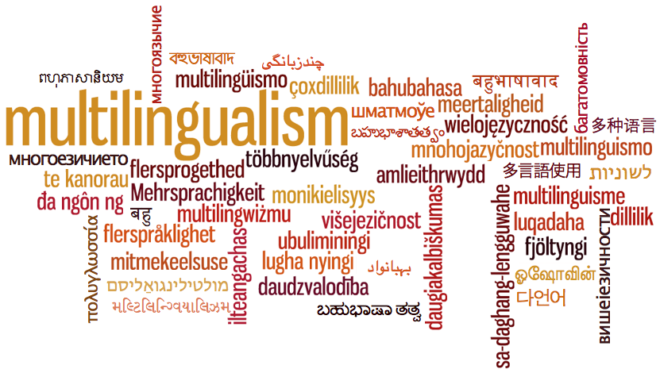
Full name / Name of organisation: Journal of Literary Multilingualism
Deadline for submissions: April 15, 2022
Contact email: j.taylor-batty@leedstrinity.ac.uk
Literary multilingualism studies is a relatively new but burgeoning area of research. With the impact of translation studies, the ‘transnational turn’ within literary studies, and the growing relevance of the ‘postmonolingual condition’ in the contemporary world, multilingual and translingual writing practices – considered in the past to be exceptional and unusual – are now at the forefront of literary studies.
Scholars from a diverse range of linguistic, cultural, political, disciplinary and theoretical positions are contributing to the field, engaging with literature of all periods and all parts of the world. This rich diversity, however, means that there is currently little consensus on established terminology and on how ‘literary multilingualism’ might be defined. In addition to this, scholarship is fragmented in the sense that scholars engaging in one field of the discipline are often unaware of work being done in others. There is thus a strong need for more dialogue.
For this inaugural issue of the Journal for Literary Multilingualism we invite scholars to engage in a dynamic assessment of the field and its future. What are the key questions and debates at stake within literary multilingualism studies? What terminology is essential to the study of literary multilingualism and how do we define those terms? What future directions does the field need to take? We also invite provocations and critiques of literary multilingualism studies thus far: what are its absences and blind spots? Which aspects of literary multilingualism have been neglected?
We particularly welcome explorations of the following topics:
- Which concepts of language and of linguistic diversity can be of use for the study of literary multilingualism? What are the advantages and disadvantages of terms such as ‘translingual’, ‘multilingual’, the ‘monolingual paradigm’, ‘heteroglossia’, ‘born translated’ etc. Does any new terminology need to be developed?
- What interdisciplinary possibilities are there between linguistics and literary scholarship? What is the potential impact of concepts such as code-switching, mixed languages, translanguaging, glossodiversity/semiodiversity, etc. on literary multilingualism studies?
- How can scholarship in literary multilingualism do justice to the enormous diversity of forms of multilingualism and the different ideologies of language that have developed at different points in history and in different parts of the globe? How do we need to address these regional, temporal and political divergencies in the study of literary multilingualism? Which concepts and theories are needed to counterbalance the particular modern and European focus on monolingualism (e.g., responses to creolisation, postcolonial language use, the difference between the ‘vernacular’ and the ‘cosmopolitan’, etc.)?
- What are the objects of literary multilingualism research (e.g., multilingual texts, translingual authors, institutions such as the publishing industry, etc.)? Are there any particular forms of literary multilingualism that have hitherto been neglected?
- What are the scholarly, cultural and political objectives of literary multilingualism studies? What impact does literary multilingualism studies have (or need to have) on literary studies more generally?
We welcome informal queries, and potential contributors may submit an abstract by 31 October 2021 if they wish to receive initial feedback on their topic. Please direct queries to Juliette Taylor-Batty (Leeds Trinity University), j.taylor-batty@leedstrinity.ac.uk and Till Dembeck (Université du Luxembourg), till.dembeck@uni.lu.
The final deadline for the submission of articles of 6000-10000 words is 15 April 2022. Acceptance of the final articles is subject to double blind peer review. Please send articles as email attachments to Till Dembeck, Université du Luxembourg – till.dembeck@uni.lu.

